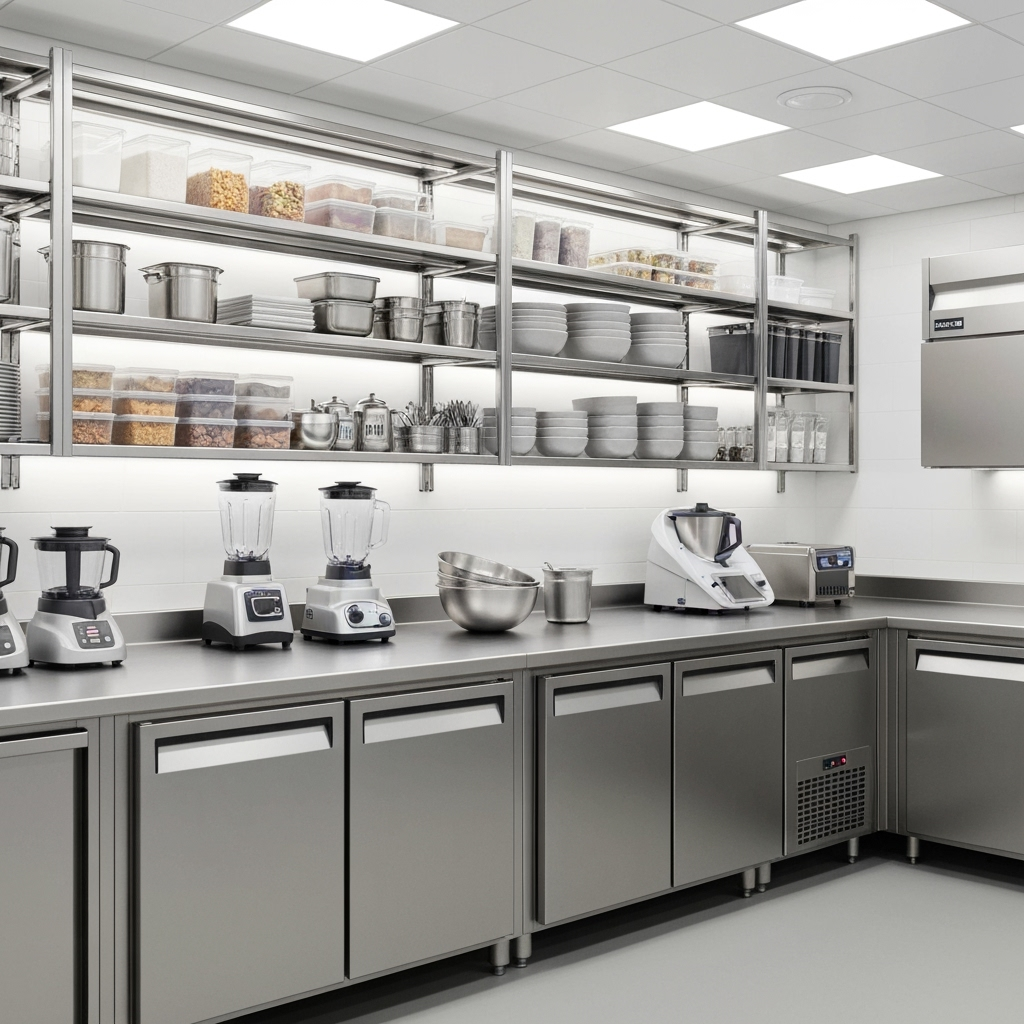
The Growing Need for Professional Food Service Storage
In today’s dynamic food service industry, proper storage solutions are crucial for success. Whether you’re running a catering business, managing a restaurant, or operating a food truck, having adequate and appropriate storage space can make the difference between thriving and struggling. This comprehensive guide explores how climate-controlled storage units can become your secret ingredient for business growth and operational efficiency.
Why Climate-Controlled Storage Matters for Food Service Businesses
Temperature consistency is paramount when storing food service equipment and supplies. While food items themselves should be stored in certified food storage facilities, your valuable equipment and supplies need similar care:
- Prevents rust and corrosion on expensive kitchen equipment
- Maintains the integrity of packaging materials
- Protects electronic components in modern kitchen appliances
- Ensures food-contact surfaces remain sanitary
- Preserves the quality of specialty serving ware and linens
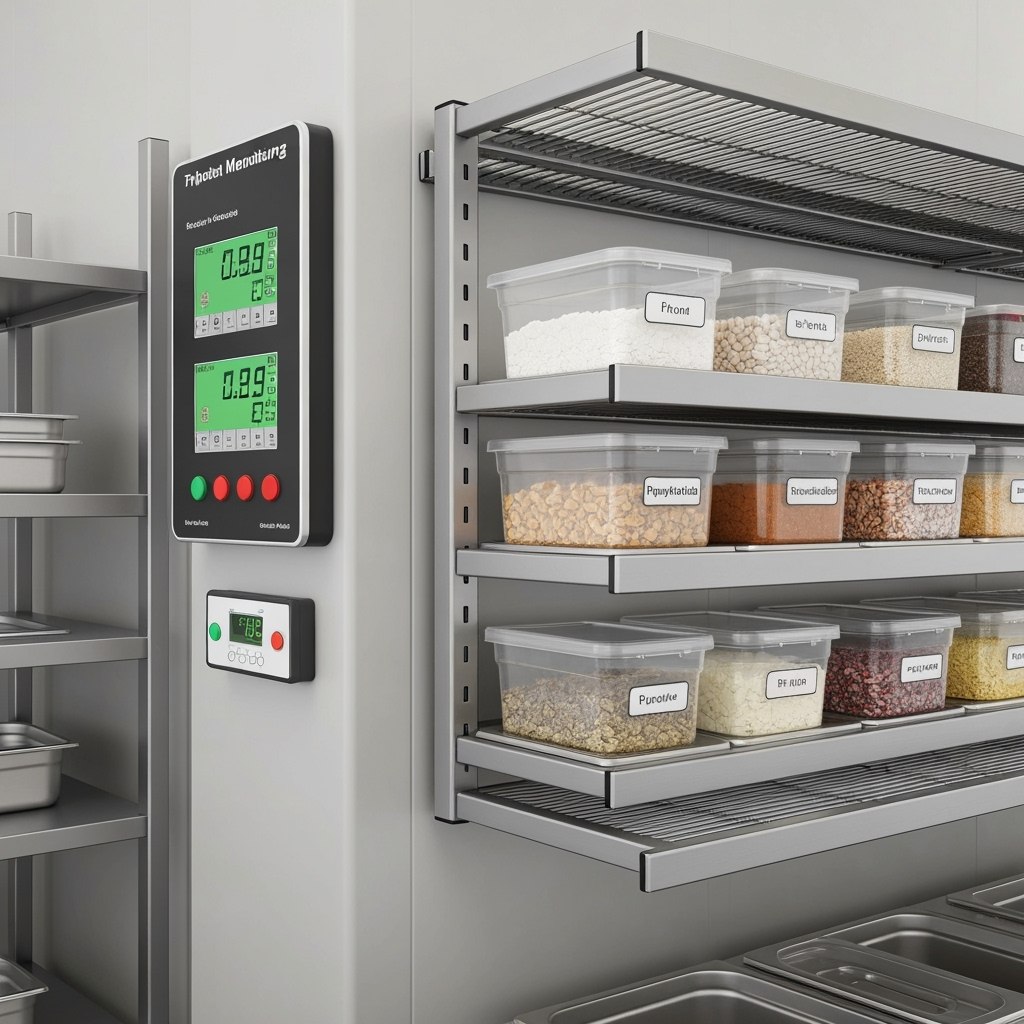
Essential Storage Solutions for Different Business Types
Catering Companies
Catering businesses often need flexible storage solutions to accommodate seasonal fluctuations and varying event sizes. Consider storage for:
- Portable cooking equipment
- Serving stations and chafing dishes
- Tables, chairs, and event furniture
- Seasonal decorations and themed items
- Transport containers and catering vehicles
Restaurants
Restaurants can utilize storage units for:
- Backup equipment and appliances
- Seasonal outdoor furniture
- Extra dining room furniture
- Special occasion decorations
- Document archives and business records
Food Trucks and Mobile Vendors
Mobile food businesses benefit from storage for:
- Off-season equipment storage
- Backup cooking apparatus
- Event-specific equipment
- Marketing materials and signage
- Maintenance supplies
Organizing Your Food Service Storage Unit
Zone Planning
Create designated zones within your unit:
- Equipment zone for appliances and cooking tools
- Supply zone for non-perishable items
- Furniture zone for tables and chairs
- Documentation zone for important papers
- Seasonal zone for rotating items
Safety and Security Measures
Implement these essential safety practices:
- Regular cleaning and sanitization schedule
- Proper ventilation maintenance
- Security systems and monitoring
- Insurance coverage for stored items
- Regular inventory checks
Maximizing Your Storage Investment
Cost-Effective Strategies
- Choose the right unit size based on seasonal needs
- Share space with compatible businesses
- Implement efficient inventory management systems
- Use vertical storage solutions
- Regular maintenance to prevent equipment damage
Tips for Success
Best Practices
- Label everything clearly and consistently
- Create detailed inventory maps
- Establish cleaning protocols
- Maintain proper insurance coverage
- Schedule regular maintenance checks
Making the Most of Climate-Controlled Features
To maximize the benefits of climate-controlled storage:
- Monitor temperature and humidity levels regularly
- Place sensitive equipment away from walls and doors
- Use protective covers on valuable equipment
- Maintain proper air circulation
- Keep detailed records of storage conditions
Conclusion
Professional food service storage is an investment in your business’s success. With proper planning and organization, a climate-controlled storage unit can become an invaluable extension of your operation, supporting growth while protecting your valuable equipment and supplies. Whether you’re expanding your catering business, managing restaurant overflow, or storing seasonal items, the right storage solution can help your food service business thrive.



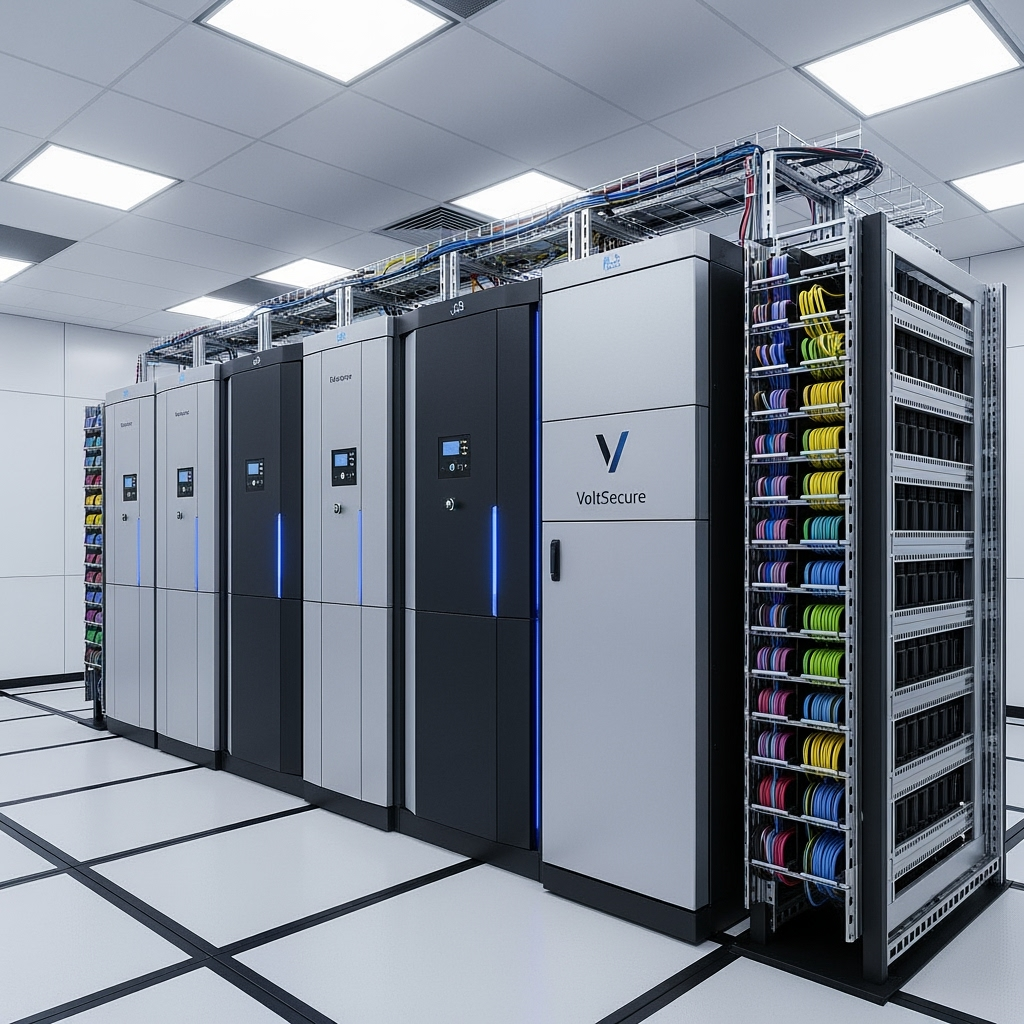
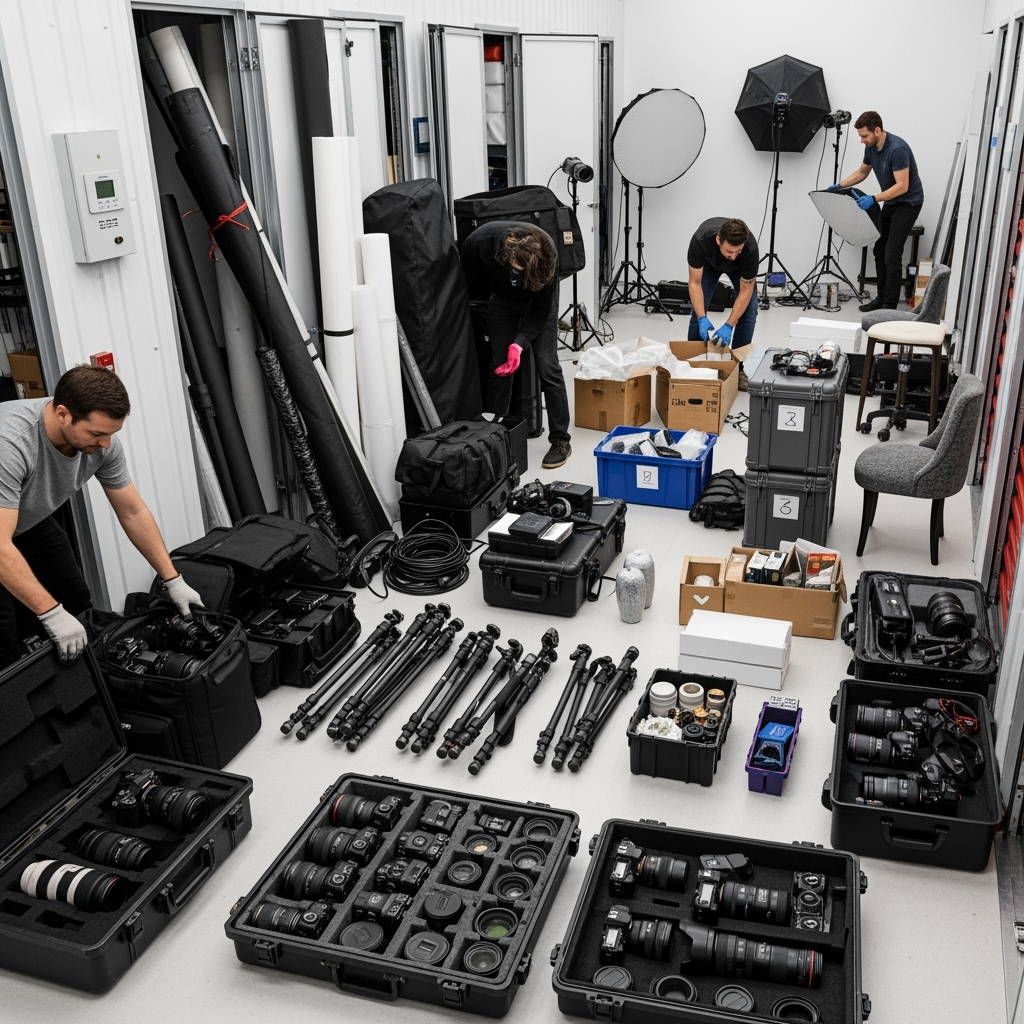
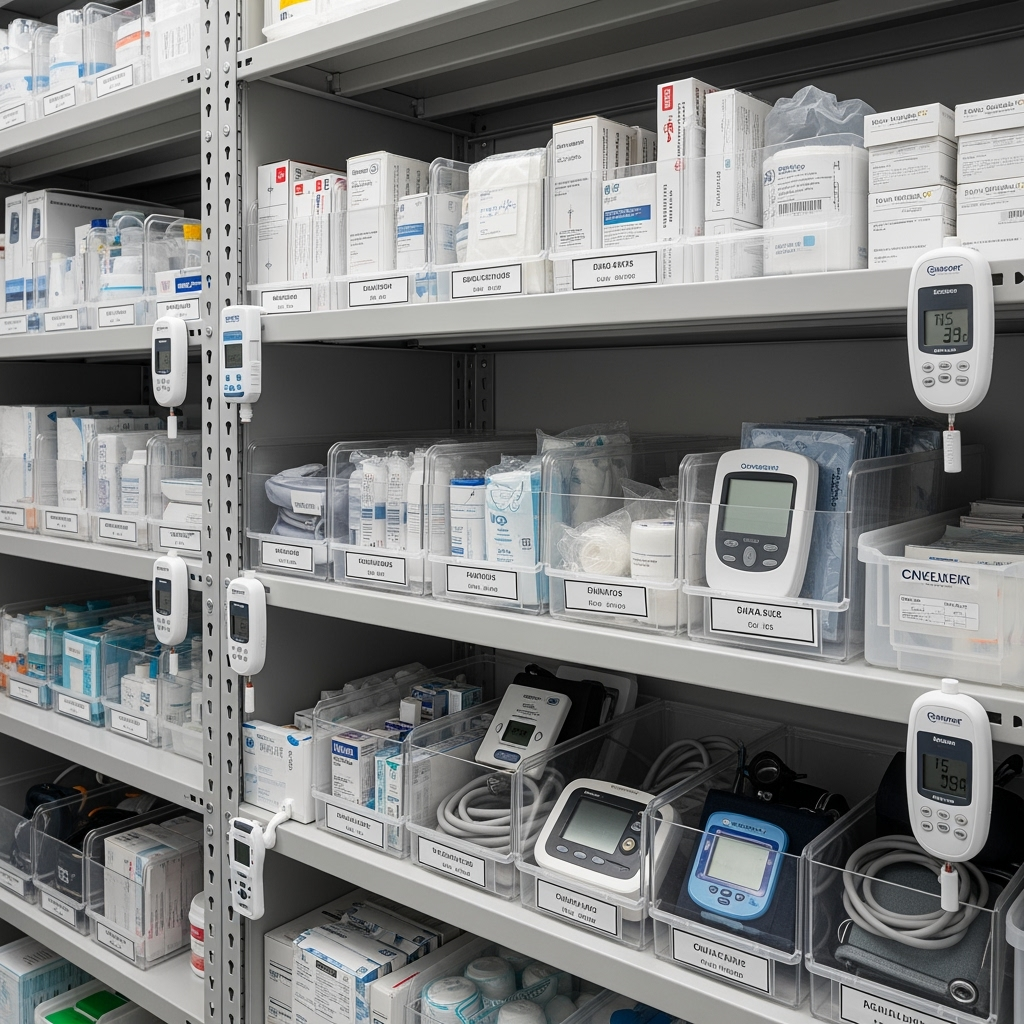
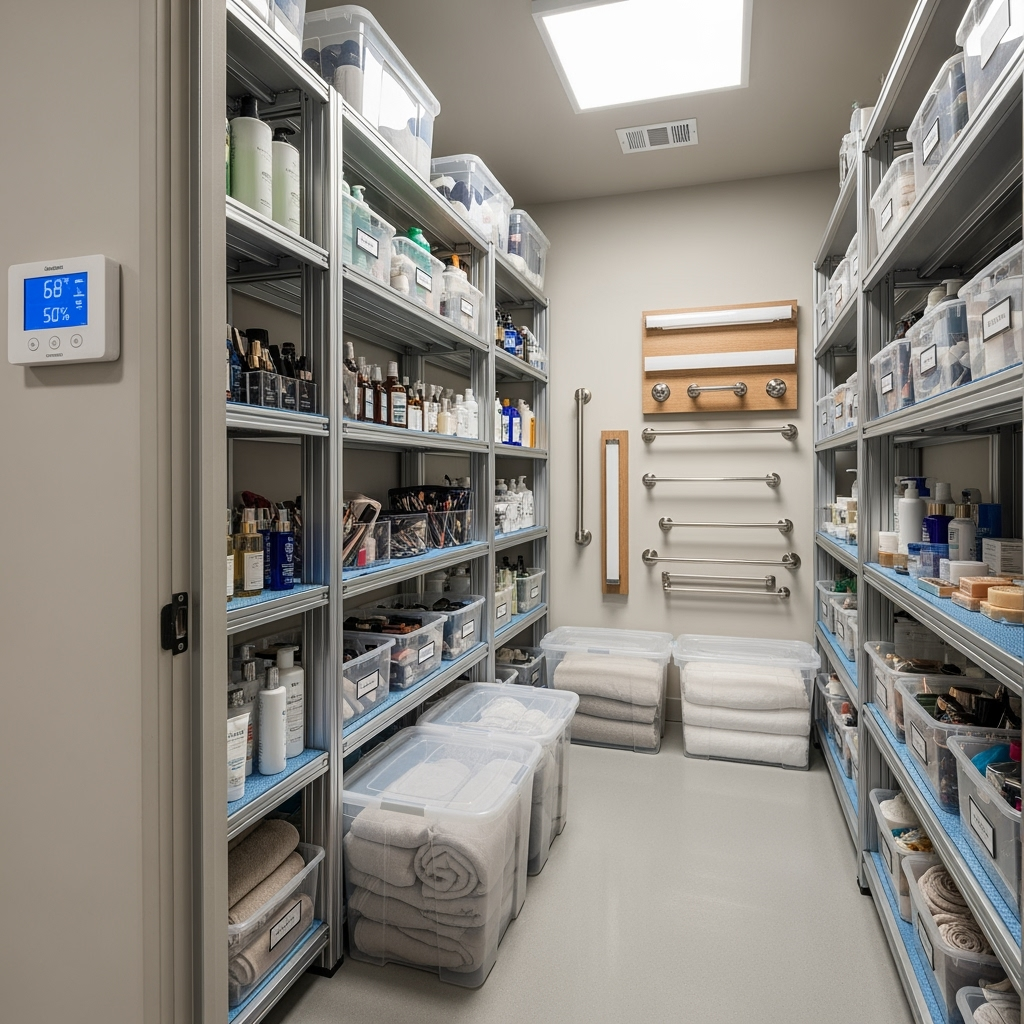
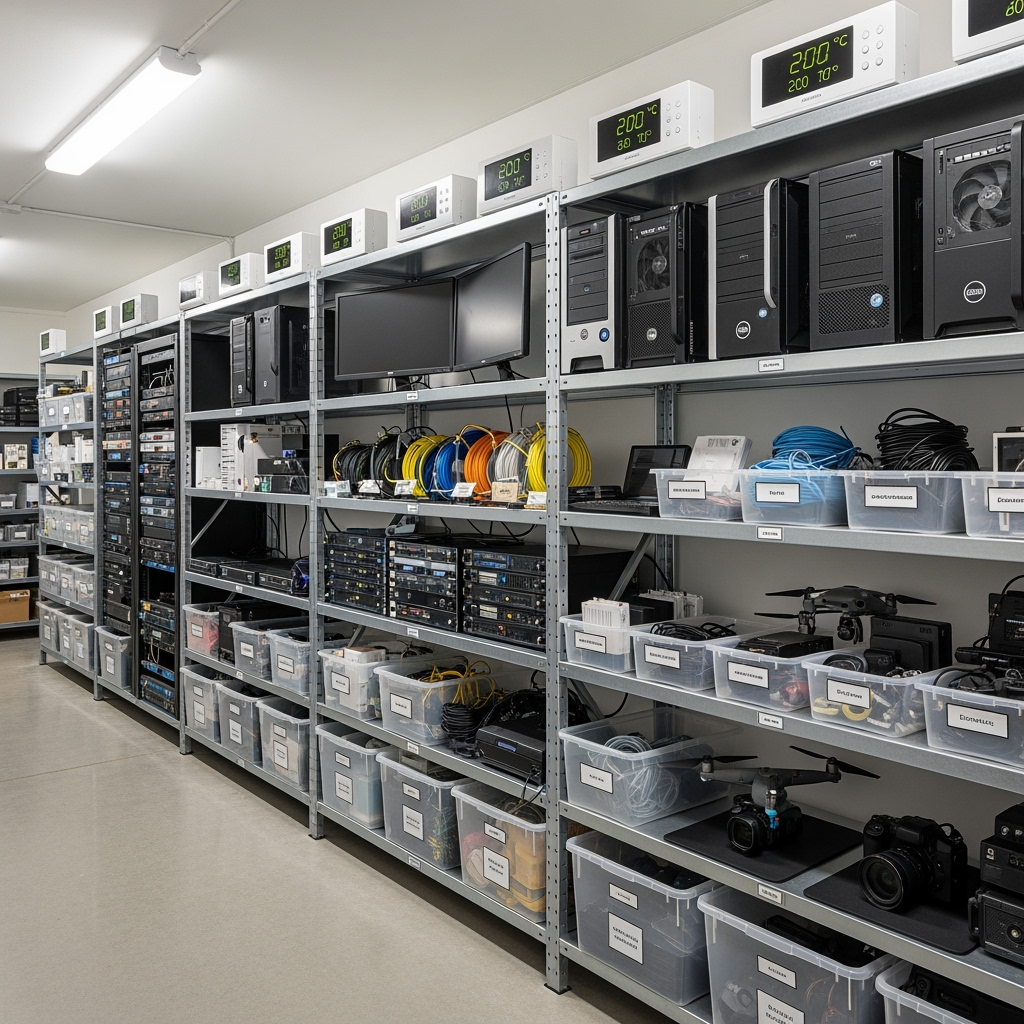

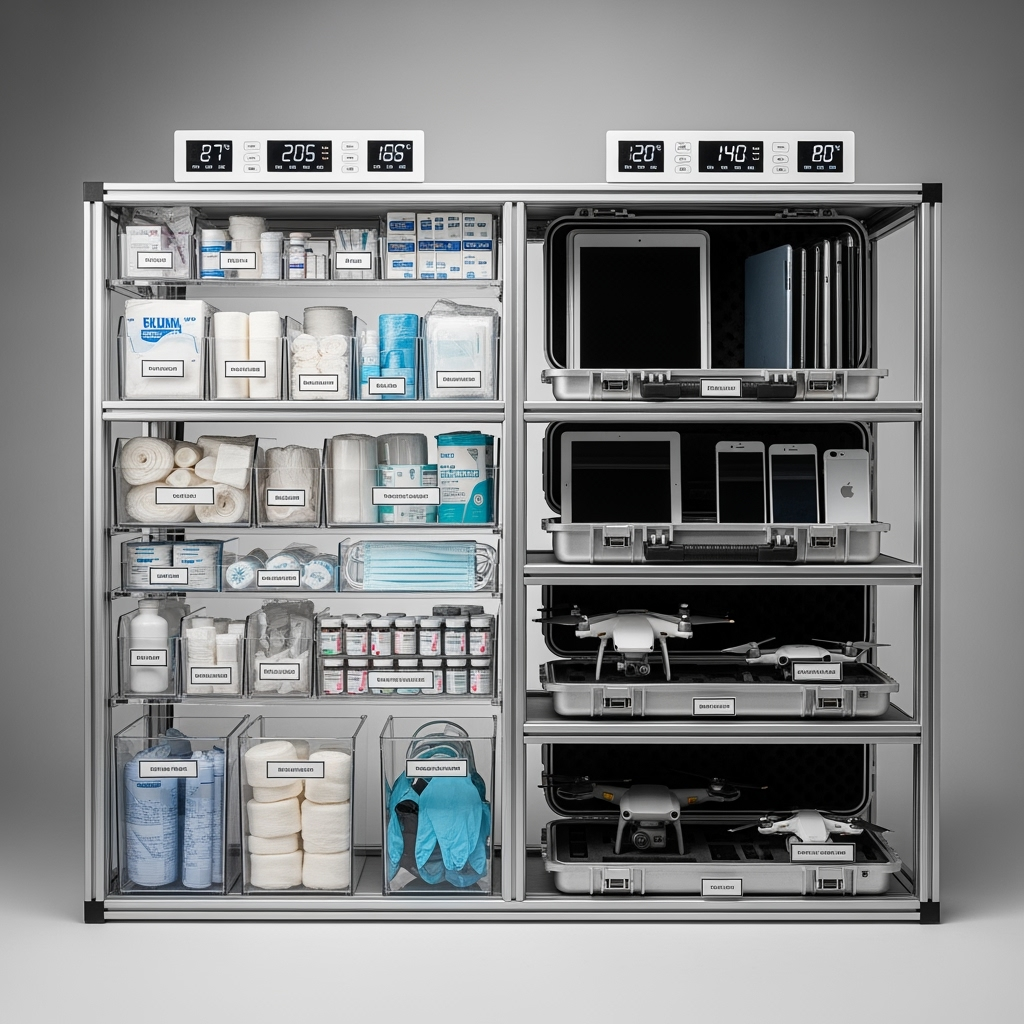
Leave a Reply